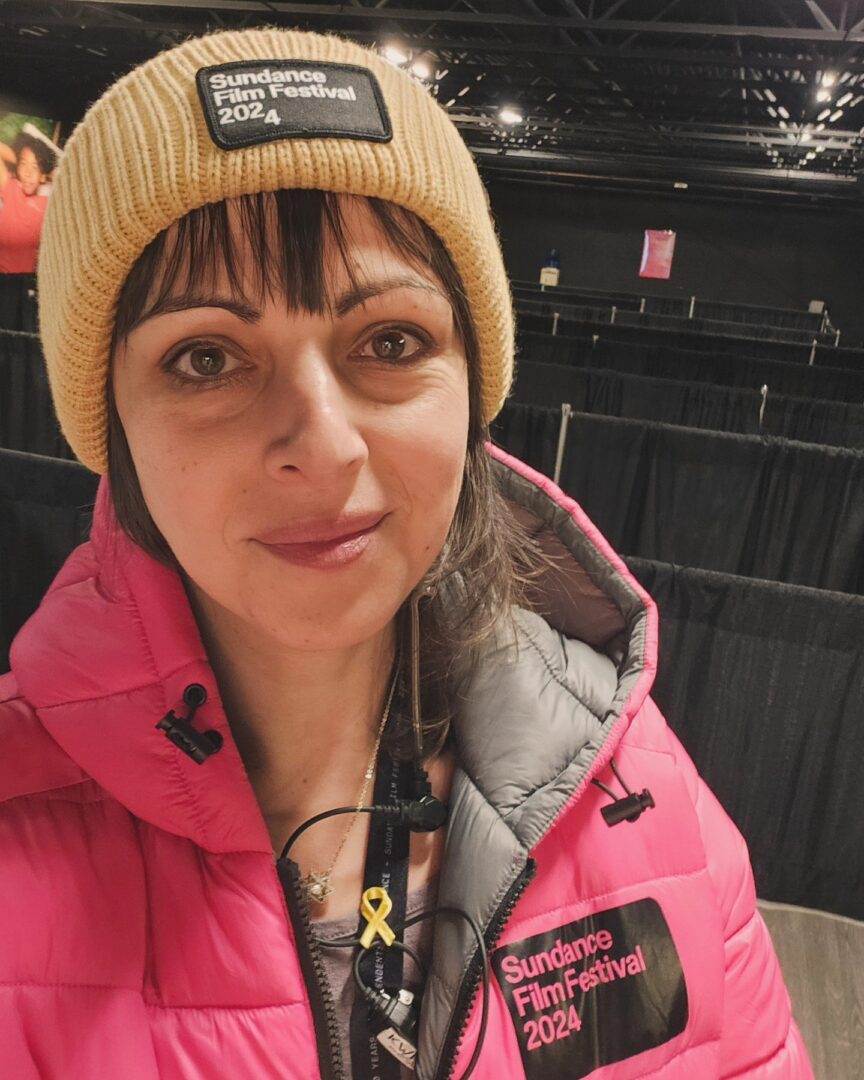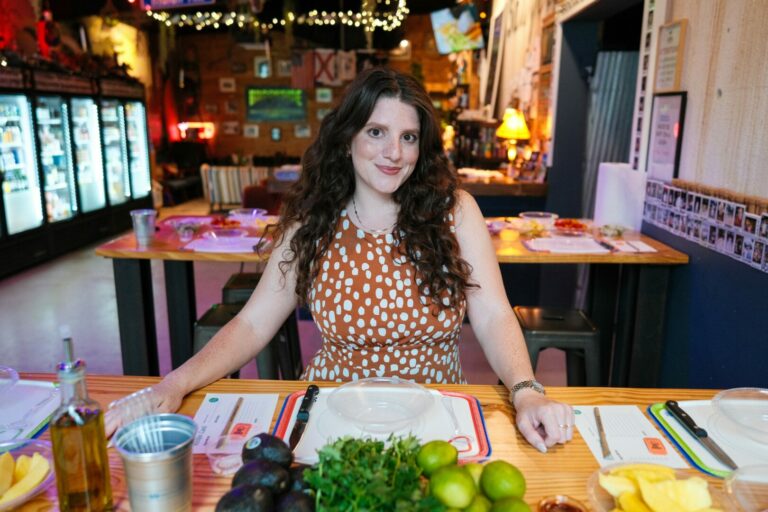We’re excited to introduce you to the always interesting and insightful Koura Linda. We hope you’ll enjoy our conversation with Koura below.
Koura, thank you so much for joining us. You are such a positive person and it’s something we really admire and so we wanted to start by asking you where you think your optimism comes from?
Probably my parents. And my family in general. I come from a long line of really hard-working but also incredibly awesome people who taught me to see the best in the world even when there is a lot to see that makes it clear there is a lot worse out there.
I was given a strong foundation of proof that most people are good at their core, and even when they do bad things, it is usually either because of being misguided, or misinformed, or thinking that they are actually doing the right thing.
Very few people walk around all day going “I’m sure this will destroy everything! Let’s do it! Yay!!” Even those who protest or who try to be “Disrupters” or whatever, they are doing it because they are trying to make what they think is a better world in some way.
That might sound super naive, but the truth of the matter is when you get down to it and really talk to people, their convictions are usually because they think they are doing the right thing. Maybe the right thing for them isn’t the right thing for you, but most people are not just acting out of evil and spite (of course, some are, and those are problematic). The % of people in the world who are truly just raw evil is so minutely small.
I know that most people in the world just want to live a good life, they want to see other people doing well. Even if you just look at the fact that when you’re driving down the highway, everyone stays in their lane. People don’t just drive with no regard for traffic safety whatsoever, driving up the wrong side of the road, slamming into whatever car they feel like – it might be a basic example but at least on a surface level society functions.
And if people were truly evil at their core, society would look like “The Purge” 24/7.
It doesn’t. So I hold on to that, and it is easy to have some hope in that context.
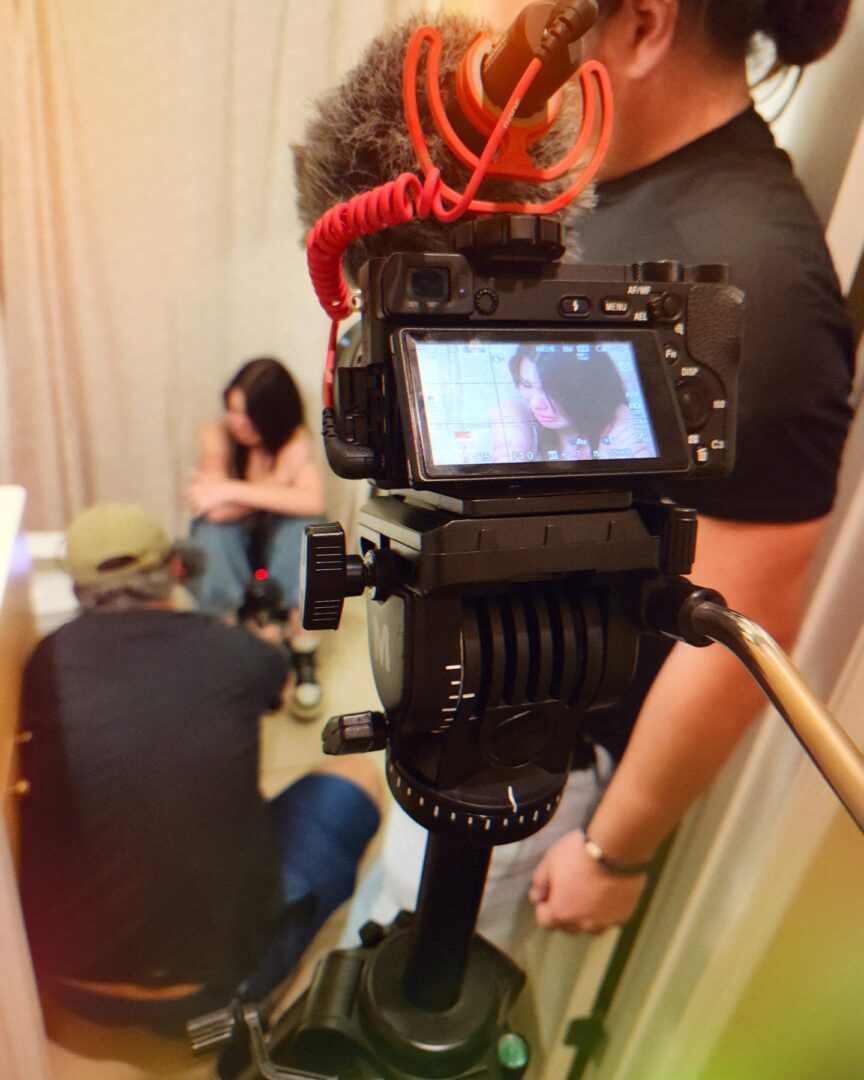
Let’s take a small detour – maybe you can share a bit about yourself before we dive back into some of the other questions we had for you?
I try to tell stories – either my own or other people’s in collaboration with them.
After over 10 years of working in and around the film industry, I found myself recovering from a major medical event and I needed to figure out what I was going to do with the rest of my life. It wasn’t where I was expecting to be, but I was thankful to be alive and I knew I wanted to continue to work in film in some capacity or another.
I started Space Dream Productions in 2013 first as a filmmaking company with a focus on just producing a film (“Names on The Wall” which is now on Amazon Prime!), and hopefully more films down the line.
It grew into a full bespoke for-hire production company.
My biggest focus currently is still on storytelling. We help brands and businesses and activists tell their stories and connect with audiences in authentic ways (not like buzzword algorithmic propitiation, but by creating genuine content that helps them connect with their audiences.
One client already has their highest ever sponsorships for this season (they are an athlete). Going viral is great and increases your chances of finding your audience. But you really just need to reach your audience.
So I like to help people do that.
And I love that I still get to tell my stories and create films and all that at the same time!
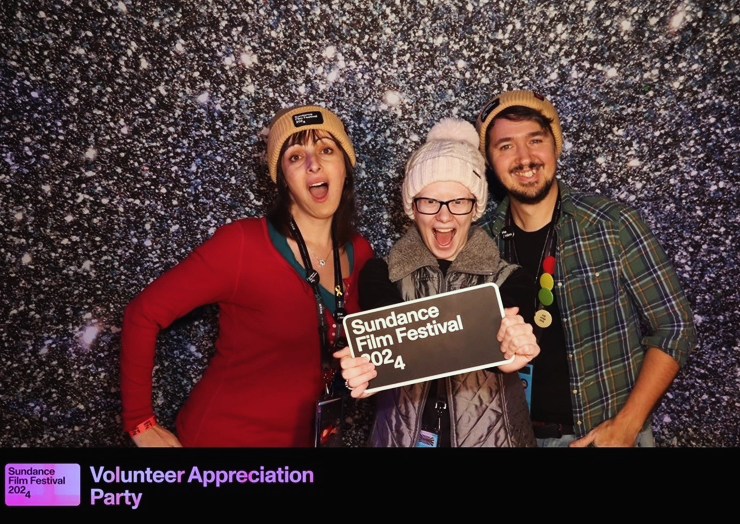
If you had to pick three qualities that are most important to develop, which three would you say matter most?
“You’ve already survived 100% of your hardest days. You can survive this, too.”
“Once you do something you’ve never done before, you are now someone who has done and can do that thing. Everyone hadn’t done something once. Then they did and they learned they could. You just have to cross that line.”
“It isn’t bragging if you can back it up.”
Working in the field of the arts it can be really hard to struggle with things like imposter syndrome, being worried about not being humble enough, worried about holding boundaries, or even just stepping out of your lane, or potentially out of line when it comes to the status quo.
But that is what makes being an artist so incredible. I wish I knew this more and trusted myself more along the way. And listened more to mentors I trusted over general internet trends.
That’s why I started the “Filmmaking (actually)” podcast – because I wanted to help pass along what I learned in case it could be helpful for anyone else on a similar path.
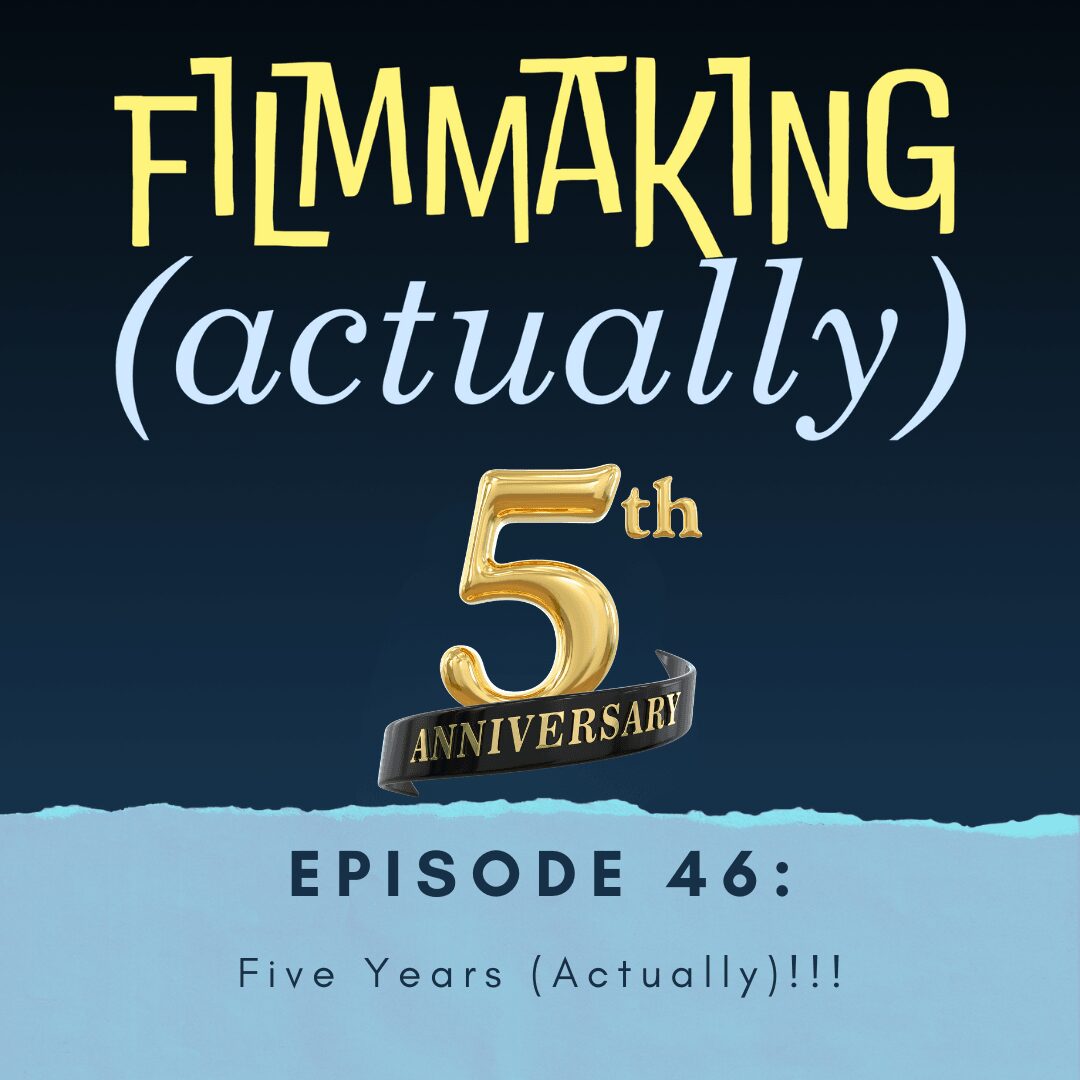
Any advice for folks feeling overwhelmed?
As someone who has produced about 40 films in the last 8 years, currently has 2 feature films in post, with 4 more on deck in various stages of development, has co-written multiple feature film scripts, and countless short film scripts, runs a company with up to 100 different client edits coming through in a given week, oversees a mentorship program in the company through our internships, volunteers as a mentor for a high school filmmaking competition, judges a screenplay competition, oversees our screenplay competition, hosts the “Filmmaking (actually)” podcast (which means writing and recording and reviewing all the episodes), runs Space Dream Productions (oversees marketing and sales and client projects and finances and budgeting and organization and all that), produces all of our films, and who also lives with multiple disabilities and is married and tries to enjoy having something of a personal life as well – I feel overwhelmed pretty much every moment of every day.
My main strategy is to have an incredible team I can lean on and collaborate with. My Executive Assistant, Sarah M. Penn, is a lifeline and I would be lost without her. My husband is also a partner in the company and our Executive Vice President. I have several go-to mentors who help me when I’m feeling lost. One of the best pieces of advice I got recently when dealing with a very frustrating situation around an upsetting deadline was to “lock in like a Terminator on Adderall” and then be upset later.
As the boss, I don’t get the freedom of emotional breakdowns every time I want to have one. People are trusting me with their projects, and with their livelihoods. If I go under and the company goes under, my staff lose their jobs. That’s a big scary deal!!
Focusing in on the most immediate fire and putting it out before freaking out (and allowing myself to freak out when I have the time and space to do so) has helped.
I also try to prioritize things in a way that allows me to focus on what I need to do right now, and be realistic about what is “RIGHT NOW” as compared to something I really can do tomorrow. To be clear, if a client is expecting a promised project, that is absolutely a “RIGHT NOW” and I have to get it done. But sometimes my list for the day has things on it that might be great to do on Tuesday, but for example, if I get a podcast episode done on Wednesday, because I got something else done on Tuesday, that’s OK too.
I guess I’m trying to say that being responsibly flexible is important.
I know that I’m no good to anyone if I never eat and never sleep and don’t take care of myself. And while I do work 60-80+ hours a week on most weeks, I do also try to balance.
Sometimes there is a really big deadline and we might have to work late (or even work all night), but those things are planned for carefully (and for me, I have to plan for it, be ready for it, and schedule recovery time). And I make sure to remember that not everything is an emergency, and that this is just a job. My staff have lives too and while they are incredibly dedicated and amazing to work with, I only ask them to work extra hard when it is actually vital.
The rest of the time, I know they are working really hard, and I know they maximize every second they put in on the clock. So I don’t ask for a second more unless I really need to. And they know when I ask, it is because I really actually need to, and it isn’t just a toxic work culture of overworking people or bad executive planning like I hear about so much in the corporate world.
No pile or mountain of tasks can be accomplished at once.
So I break it down best I can, assign deadlines, work to make those deadlines, and if I need to rework a deadline for a legitimate reason, I do.
I work in film, not the emergency room.
At the same time, I do work incredibly hard, and when I set a list of targets for the week, I try to get them done. And I try to give myself some grace along the way.
It is a learning curve I’m still learning, but that’s what I have so far!
Contact Info:
- Website: https://www.spacedreamproductions.com/
- Instagram: https://www.instagram.com/spacedreamproductions/
- Facebook: https://www.facebook.com/spacedreamproductions/
- Linkedin: https://www.linkedin.com/company/space-dream-productions/
- Soundcloud: https://spacedreamproductions.bandcamp.com/
- Other: https://www.tiktok.com/@spacedreamproductions

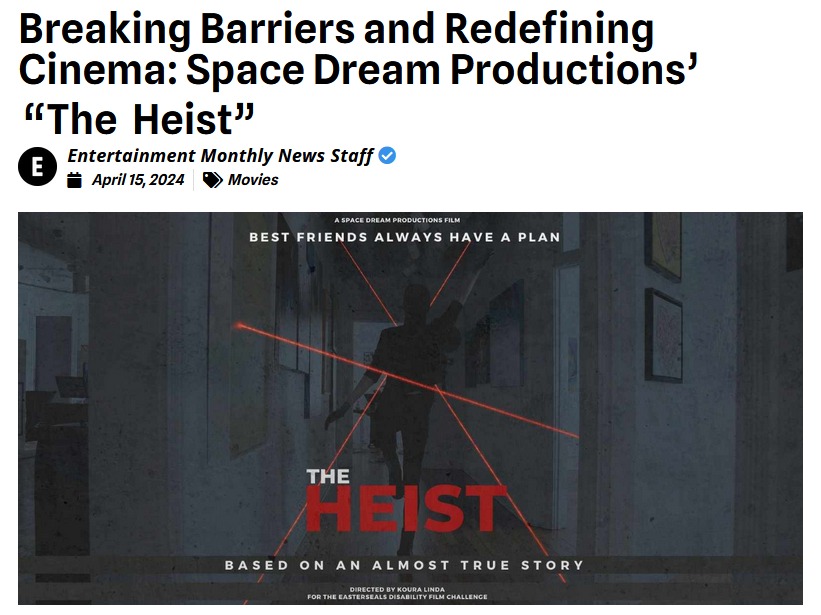
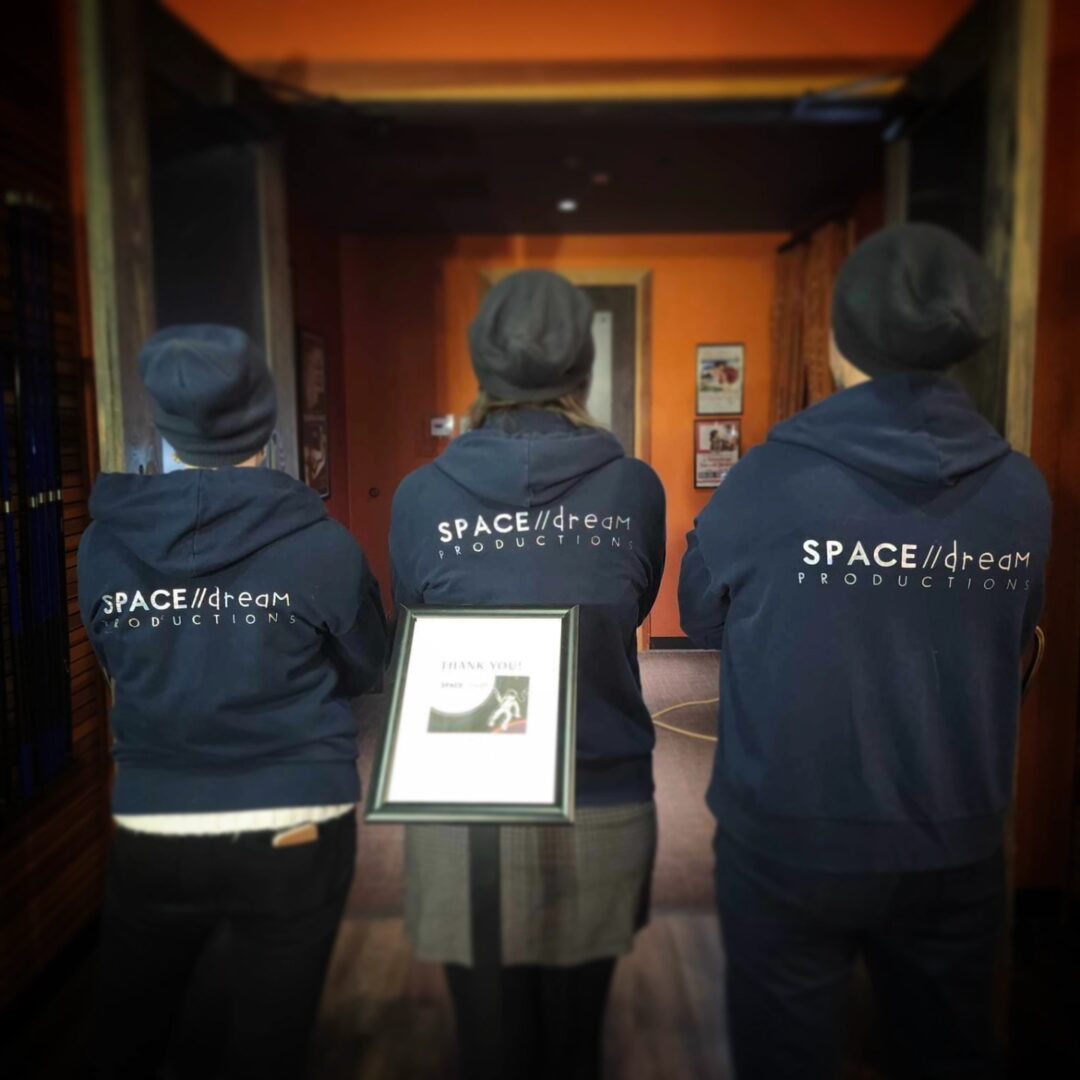
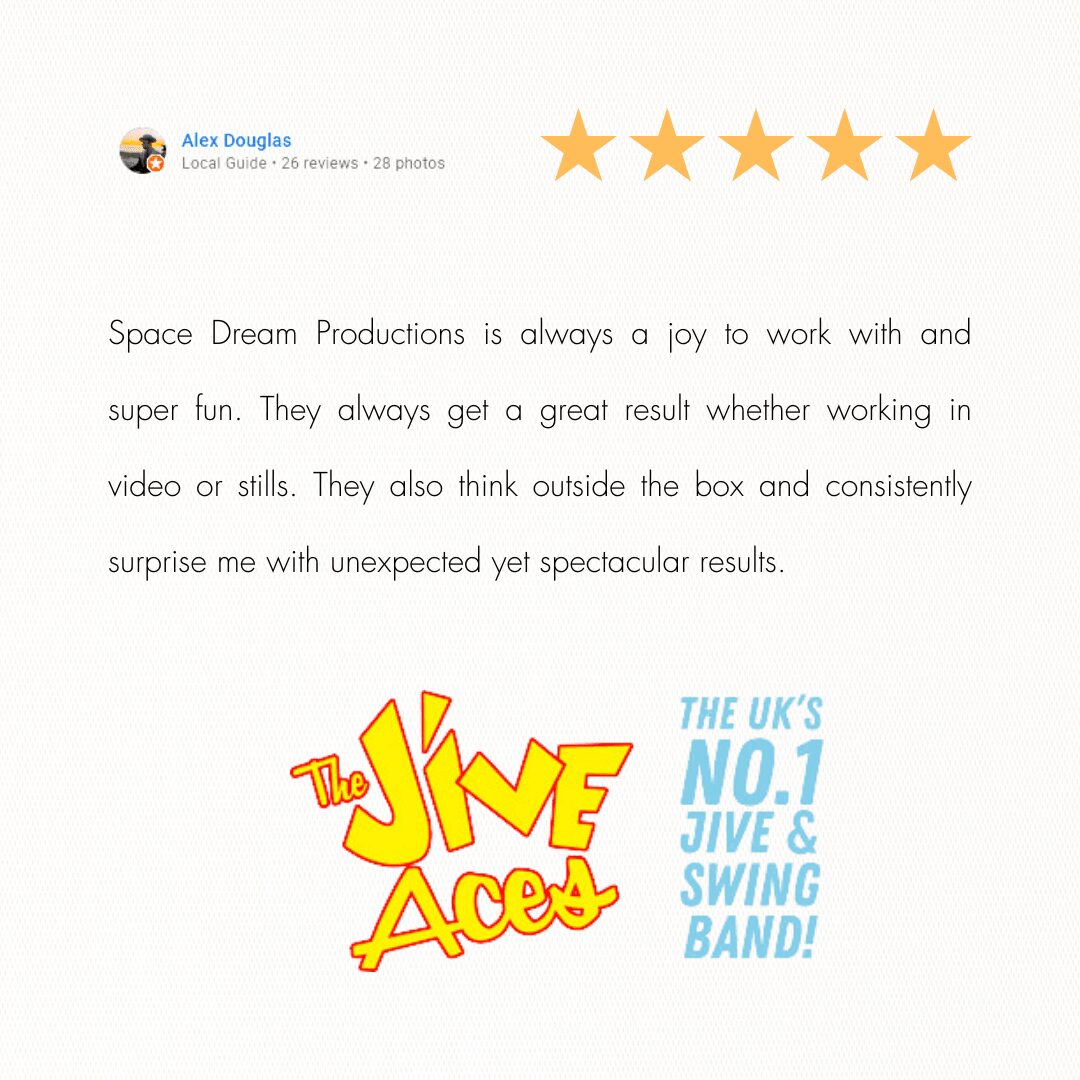
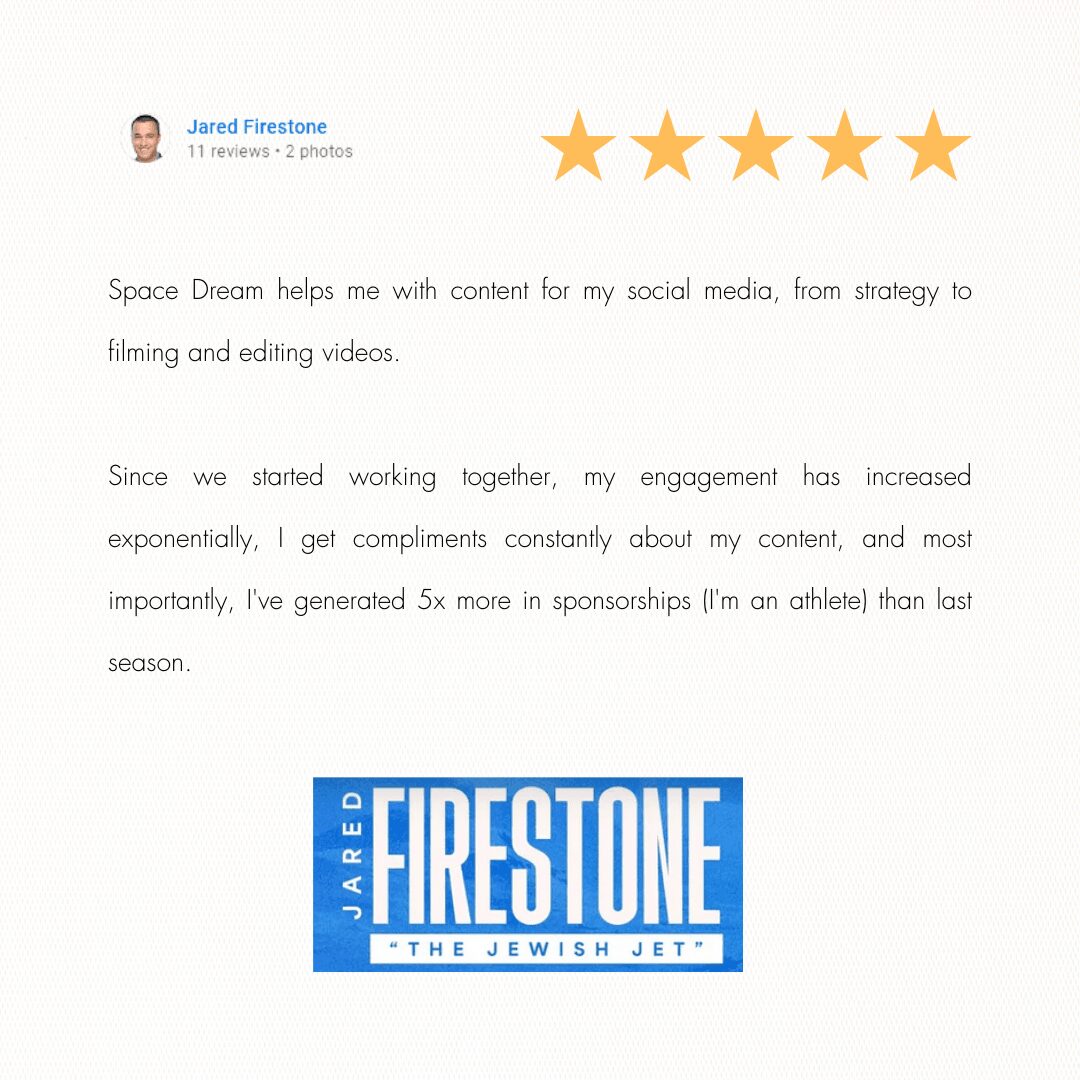
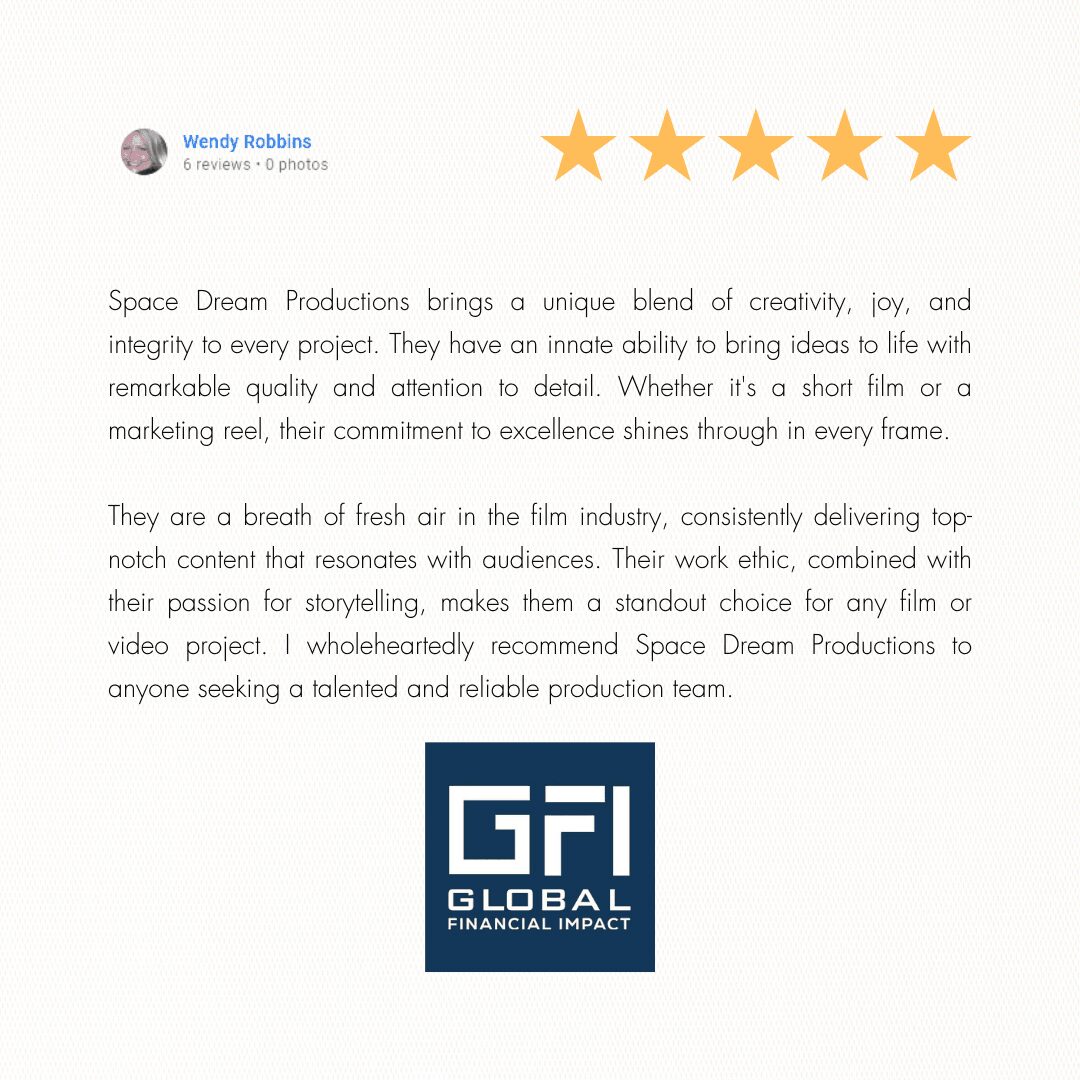
so if you or someone you know deserves recognition please let us know here.

